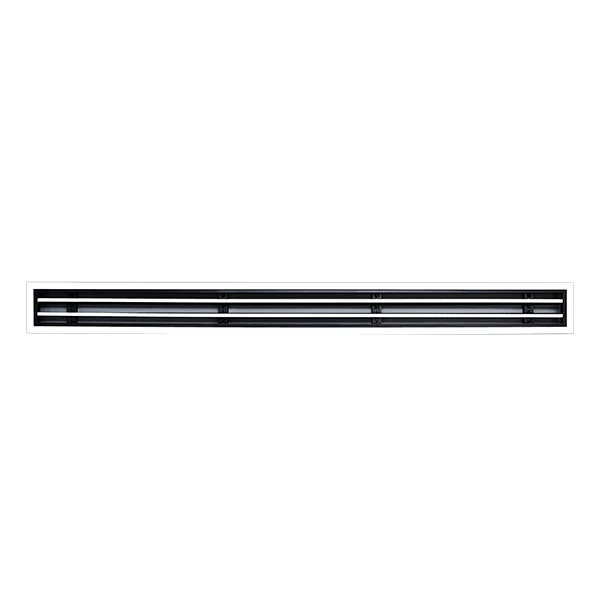In the realm of electrical engineering, one question often sparks curiosity: Will current flow if there is no resistor? This query, while seemingly simple, delves into the fundamental principles of electricity and circuitry. This article aims to provide a comprehensive and detailed exploration of this topic, shedding light on the intricate dynamics of current flow and the role of resistors.
To begin with, it's essential to understand the basic principles of electricity. Current, measured in amperes (A), is the flow of electric charge. It is driven by voltage, the electric potential difference between two points, and is impeded by resistance, a measure of the difficulty to pass an electric current through a conductor.
In an ideal scenario, where a circuit consists of a perfect conductor with zero resistance, Ohm's Law (V=IR) suggests that even with a voltage (V), if the resistance (R) is zero, the current (I) would be infinite. However, this is a theoretical concept. In reality, every conductor, no matter how good, has some resistance, albeit very small. Therefore, current will flow even if there is no resistor in the circuit, provided there is a voltage source.
However, the absence of a resistor in a circuit with a real voltage source can lead to a situation known as a 'short circuit.' This is because, with negligible resistance, the current will rise to a dangerously high level, potentially causing overheating, fire, or damage to the components.
Resistors are thus crucial components in electrical circuits. They control the current to safe levels, protect the components, and allow the creation of useful circuits. Without resistors, most electronic devices, from the simplest LED light to the most complex computer, would not function correctly.
Moreover, resistors play a vital role in creating specific functionalities in circuits. For instance, they are used in combination with capacitors for timing purposes, with transistors for amplification, and in voltage divider circuits to produce a smaller voltage.
In conclusion, while current can technically flow without a resistor, the practical implications of such a scenario are not desirable. Resistors play a pivotal role in managing the current flow, preventing damage to circuit components, and enabling the functionality of various electronic devices.


More Stories
Cat7a S/FTP Network Cable in High-Density Data Transmission Environments
UHF RFID Readers for Asset Management
Does a 4G Industrial Grade LTE WiFi Router with SIM Slot Work as a Reliable Wireless WAN Gateway?